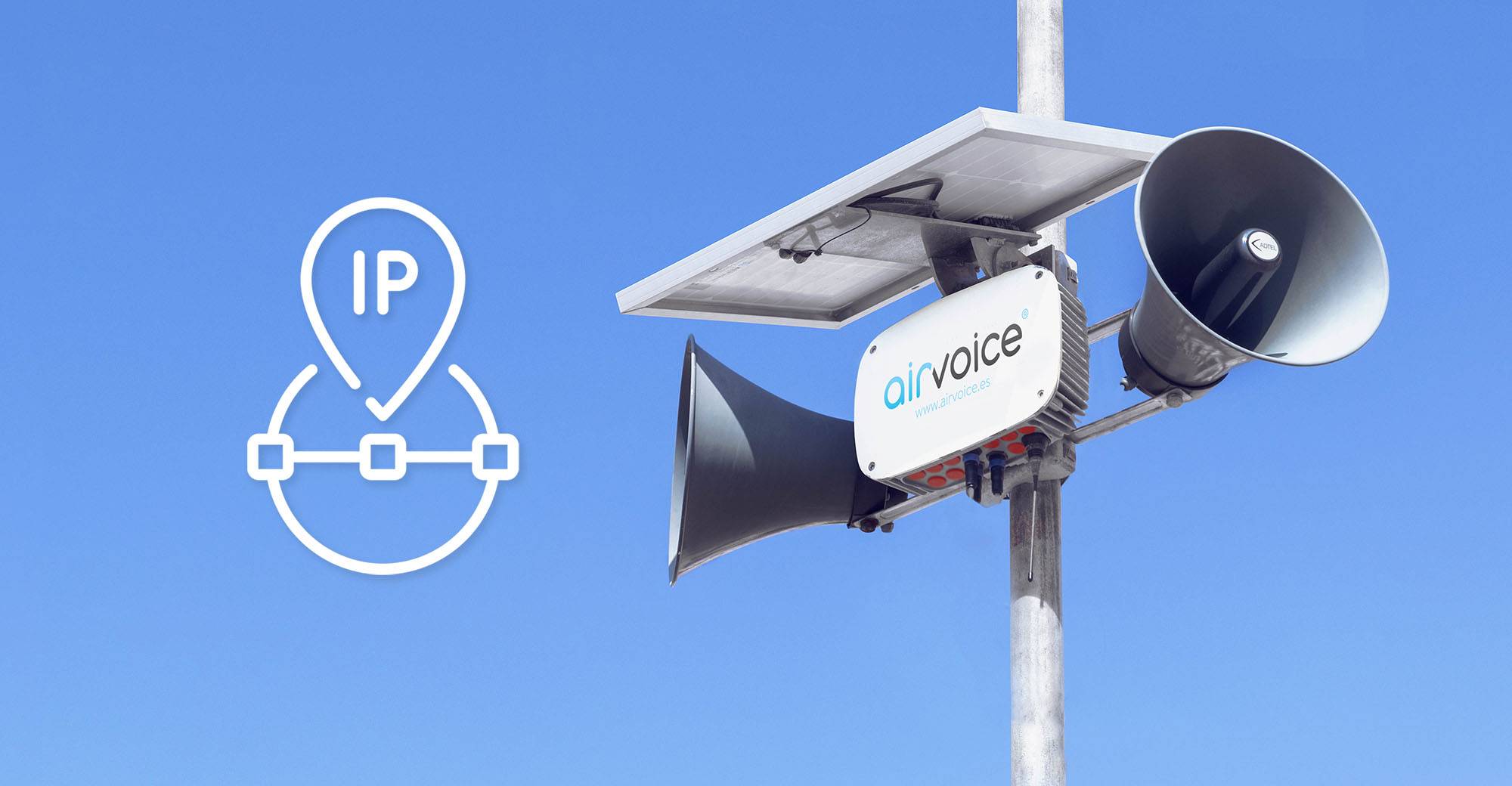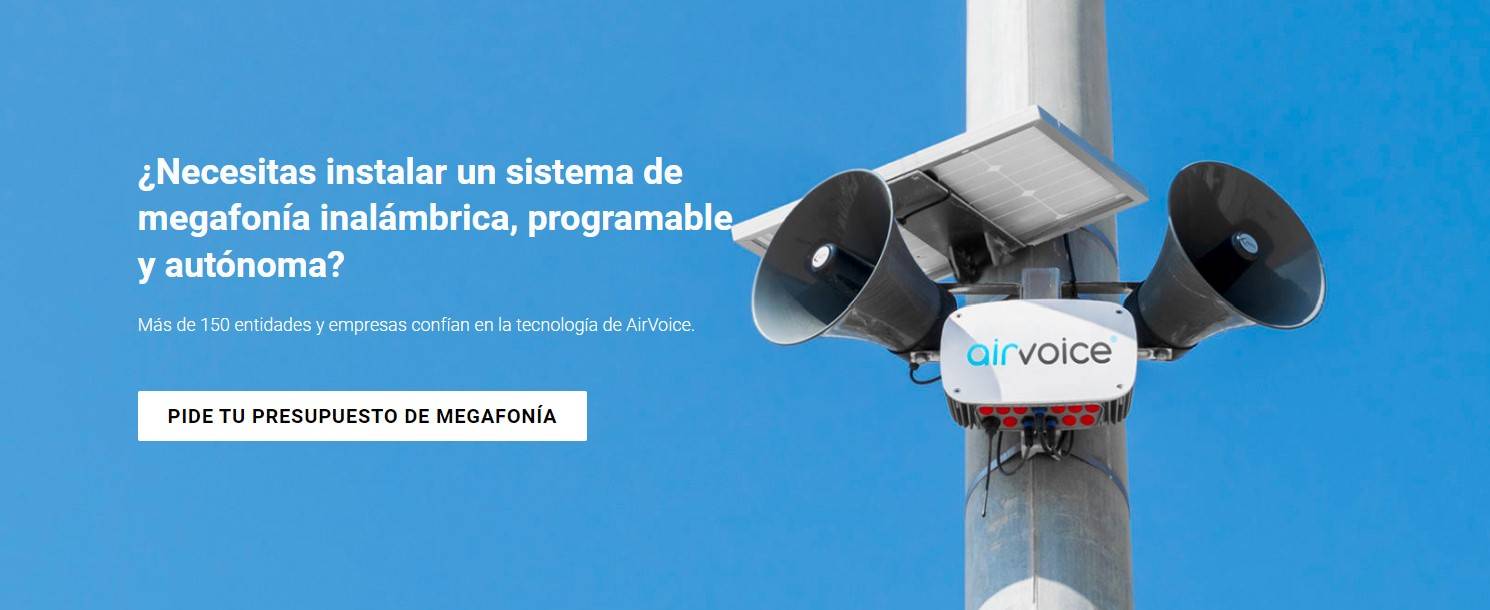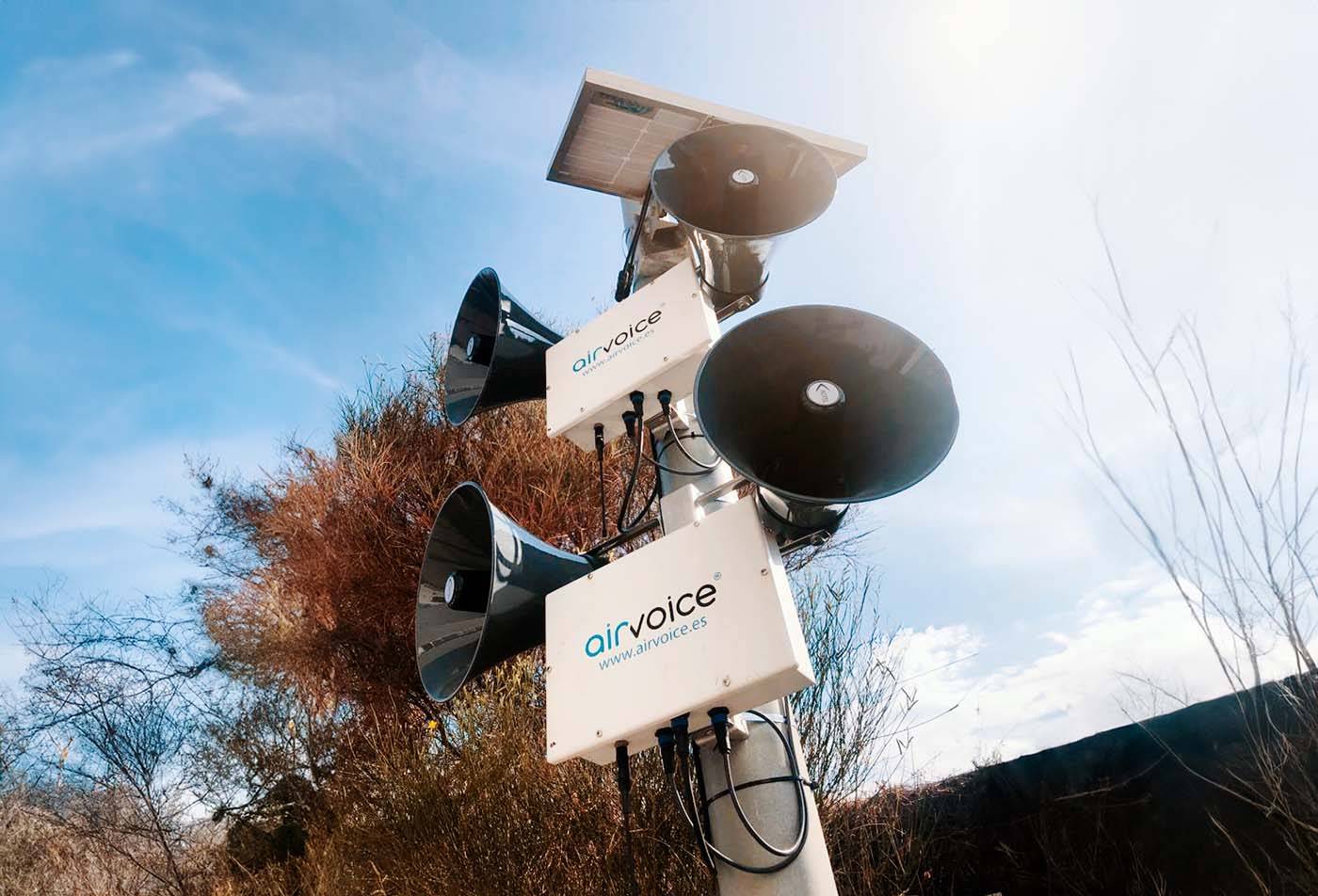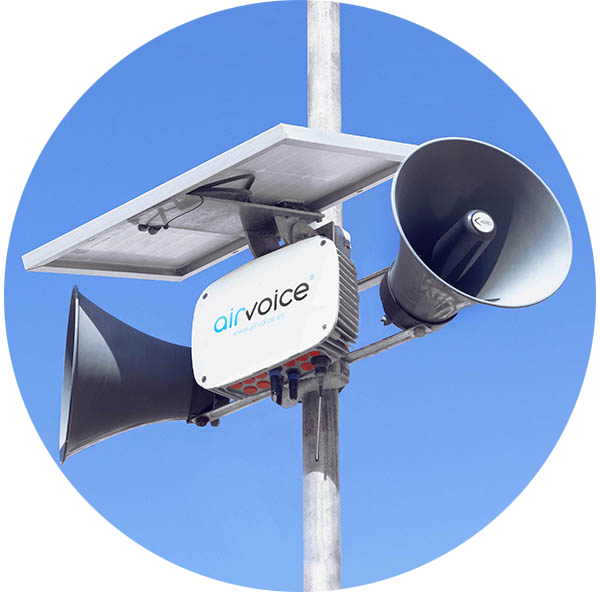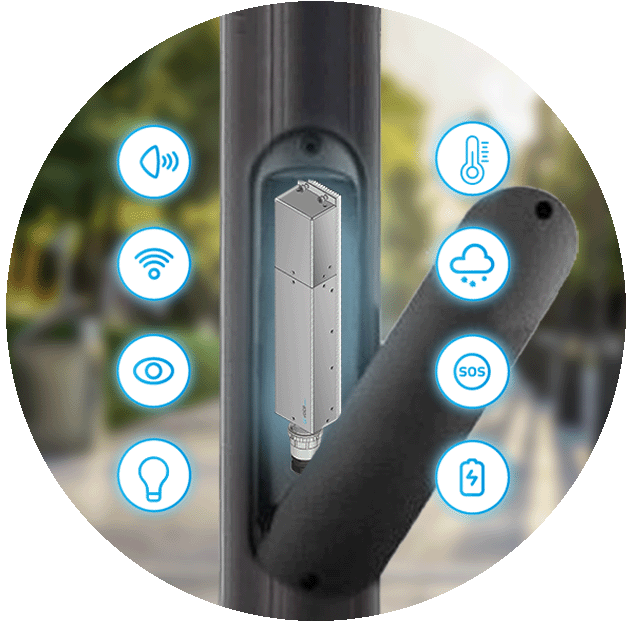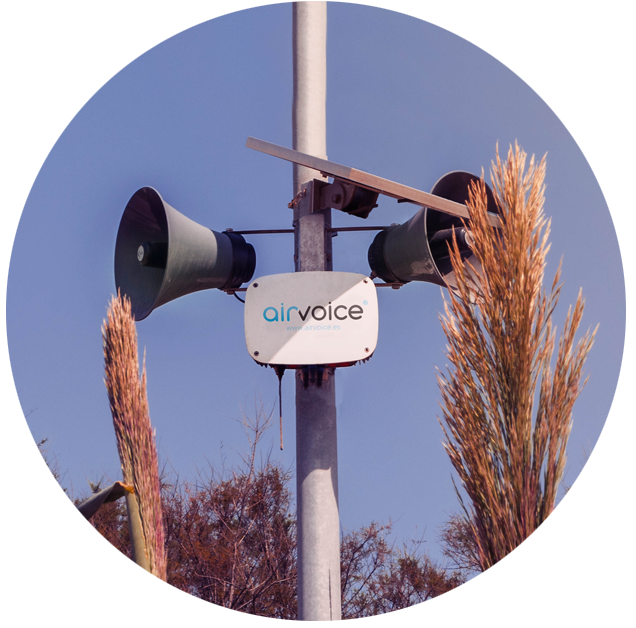IP public address: Definition and characteristics
IP public address is a public address system that uses the Internet Protocol (Internet Protocol) to carry out the transmission of live audio, as well as voice messages, music and announcements through a data network instead of using cables. conventional audio. IP public address equipment uses a network infrastructure, whether it is a local area network (LAN) or a wide area network (WAN), for the transmission of audio messages, allowing remote access to the public address points and more easily and economically than the conventional system.
Advantages of using IP public address equipment
- Ease: These systems are easy to set up and manage, making it a popular solution for a variety of public address applications in different environments.
- Synchronization : Allows greater synchronization between devices, since all the elements are connected and coordinated with each other.
- Reach: It facilitates a greater reach, since it allows connecting and coordinating teams located in different geographical areas.
- Flexibility: Both pre-recorded and live messages can be broadcast, which means messages can be scheduled to play at specific times of the day or week. Additionally, messages can be delivered in different languages to meet the needs of a multilingual audience.
- Scalability: One of the main advantages of IP public address is the possibility of expanding the system by adding more speakers to the network and configuring different speaker zones to adapt to the specific needs of each installation.
- Connectivity: In addition to public address points with speakers, it is possible to add other technology devices, such as CCTV cameras or Wi-Fi access points.
- Sustainability: Being IP, the transmission of messages does not require the use of conventional audio cables, minimizing the environmental impact.
AirVoice Smart, AirVoice’s IP public address equipment
AirVoice Smart is the IP public address equipment of the AirVoice family. Being IP, it allows the transmission of messages through 4G, Wi-Fi or fiber optic networks. Characteristics:
- Powered by 220 vAC mains cable or by solar energy
- Transmission via 4G, Wi-Fi or fiber optic
- Live and pre-recorded messages
- Possibility of integrating other services: Wi-Fi, CCTV, sensors, etc.
- Remote management away from the site

IP public address success stories
- 4G wireless public address system for emergencies in the La Palma council: The Cabildo installs wireless public address equipment for emergencies on the island. More information.
- 4G wireless public address on the beaches of Tarragona: The City Council installs a public address system on the beaches of the municipality

